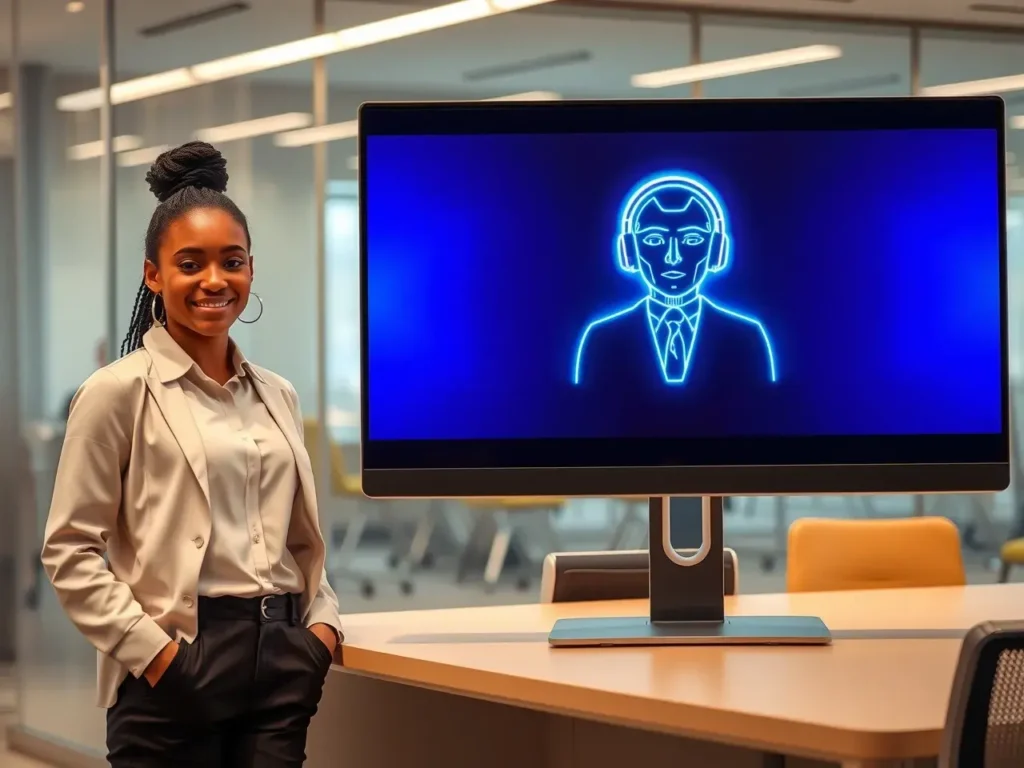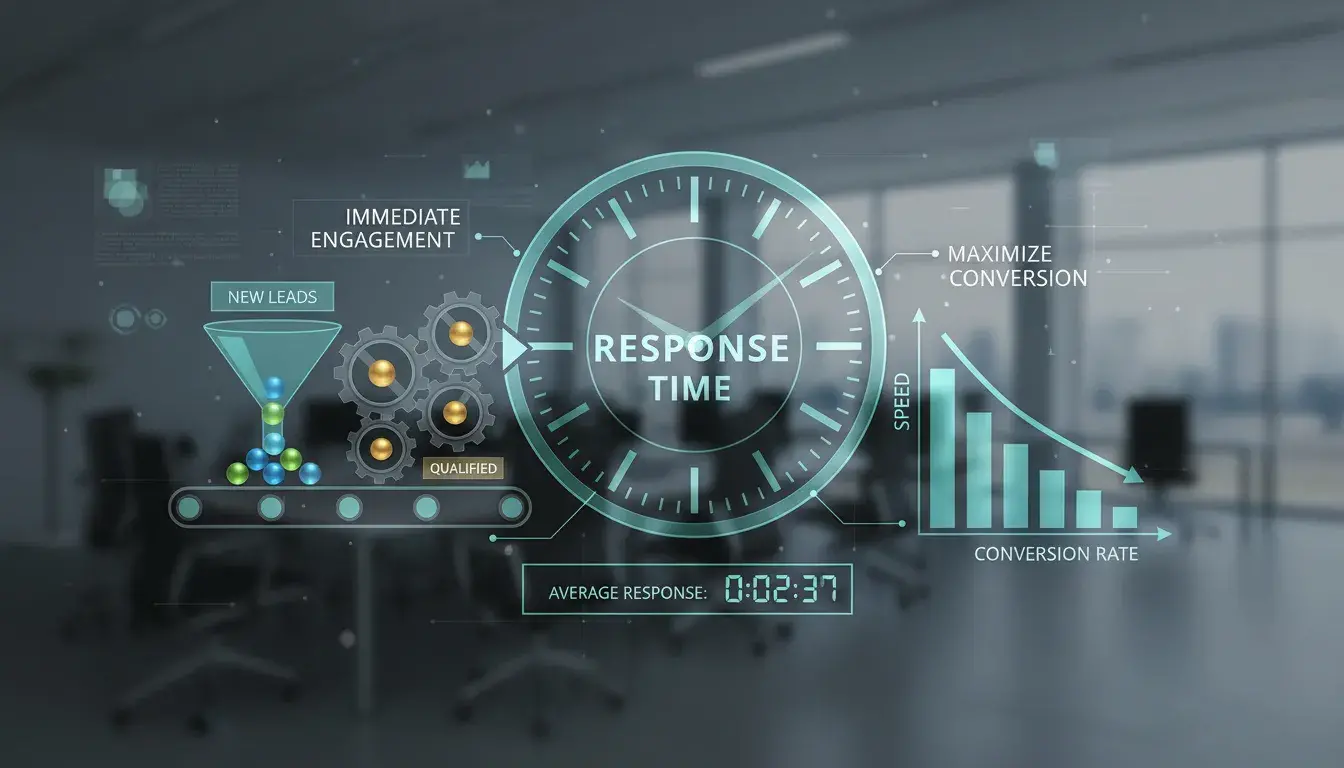The Post-AI Paradox: Why Real Assistants Are More Valuable in the Age of ChatGPT
For first class professional & administrative support for your business

Artificial Intelligence is everywhere these days.
From automated email responses to AI-generated reports, tools like ChatGPT have promised to streamline business processes and reduce the need for human intervention. Yet, paradoxically, the rise of AI has made skilled Virtual Assistants (VAs) more valuable than ever.
Here’s why UK businesses should consider keeping real assistants at the heart of their operations, even as AI tools become more sophisticated.
AI Can Do Tasks, But Humans Understand Context
AI excels at repetitive, structured tasks — drafting standard emails, summarising documents, or generating first-draft content. But it struggles with nuance, tone, and contextual judgement.
A Virtual PA can:
- Interpret client intent and priorities
- Tailor communication style for sensitive conversations
- Decide what truly needs escalation or human follow-up
This makes a human assistant indispensable for high-stakes or relationship-sensitive tasks.
Bridging the Gap Between AI and Real Workflows
Many businesses experiment with AI, only to find that the outputs require human review. This is where Virtual Assistants shine: they act as the human API, bridging the gap between machine output and real-world business decisions.
For example:
- Summaries generated by AI can be reviewed, prioritised, and formatted for clients by a VA
- AI content drafts can be edited, fact-checked, and aligned with a brand’s voice
- AI-generated leads or reports can be actioned efficiently, avoiding wasted time
In short, AI multiplies the power of a Virtual Assistant, but a VA multiplies the value of AI.

The Emotional Intelligence Factor
AI cannot replicate empathy, discretion, or professional judgement. For UK SMEs, law firms, or service-based businesses, this human touch is critical:
- Handling sensitive client communications
- Managing conflict or misunderstandings
- Navigating complex multi-stakeholder scenarios
A Virtual Assistant brings the emotional intelligence that AI simply cannot provide.
Reducing Cognitive Load and Preventing Burnout
AI can automate tasks, but it cannot decide what you should focus on. A Virtual PA can:
- Filter and prioritise tasks generated by AI
- Ensure you focus on high-value work
- Prevent overwhelm by managing your workflow end-to-end
In essence, VAs are the decision-making complement to AI automation
Case Study: A London Consultancy
A consultancy specialising in sustainability used AI to generate client reports and research summaries. While the AI saved hours, the Virtual PA reviewed all outputs, organised them into client-ready packages, and highlighted insights that required immediate attention.
The result? The team doubled its output without compromising quality or client relationships
Conclusion
Virtual Assistants have become more strategic, not less, acting as human interpreters, quality controllers, and relationship managers in an AI-powered world.
For UK businesses aiming to remain agile, competitive, and client-focused, the question isn’t “Do we need a Virtual PA?” — it’s “Can we afford not to have one?”
Our most recent posts
Virtual PA Services offers a wealth of useful information related to its services. We have prepared several articles that might help you to make the right decision when it comes to hiring a Virtual PA.

How Virtual PA Support Can Transform HVAC & Air Conditioning Businesses in Greater Manchester
The HVAC and air conditioning sector in Greater Manchester is experiencing sustained growth. Commercial development across Manchester’s business districts, stricter…

The ‘Inquiry-to-Invoice’ Audit: Is Your Admin Leaking Profit?
You may spend thousands on marketing to get the phone to ring or the inbox to ping. However, if your…

Stop Chasing Invoices: How Your Virtual PA Can Solve the UK's Late Payment Crisis for Your Small Business
The UK’s late payment crisis is not just a business inconvenience; it is a fundamental threat to the operational health…